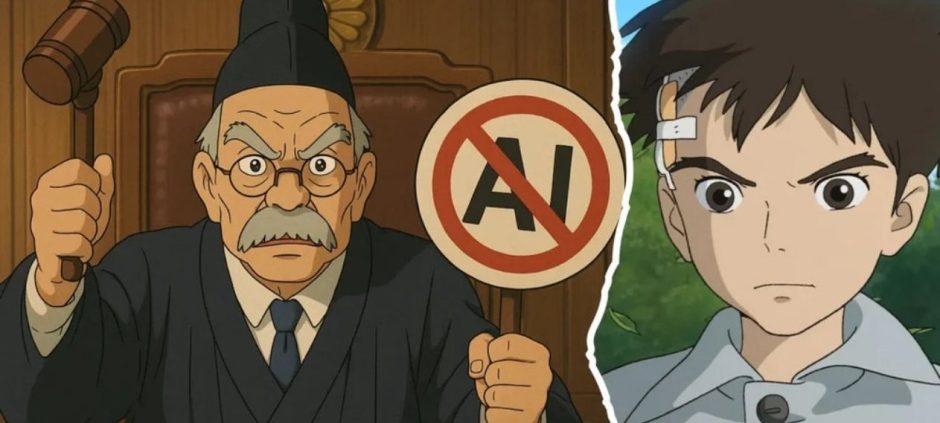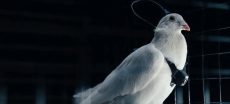Japan has called on OpenAI to stop using copyrighted material from Studio Ghibli and other major entertainment companies without permission. The demand came through the Content Overseas Distribution Association (CODA), a Japanese trade group representing top publishers and media studios.
According to CODA, Japan’s copyright laws strictly require prior authorization for any use of protected content in artificial intelligence training. The association said OpenAI’s use of copyrighted works for developing AI models could be considered a violation of these laws.
The complaint follows the rapid spread of AI-generated artwork mimicking Studio Ghibli’s distinctive animation style on social media. Since OpenAI introduced its built-in image generator in March, users have shared thousands of “Ghibli-style” images, some even used by OpenAI executives.
Studio Ghibli, one of Japan’s most renowned animation studios, is known for classics such as Spirited Away and Grave of the Fireflies. CODA said that replicating such art through AI undermines the originality and identity of Japanese creators.
The issue has intensified with the release of OpenAI’s video generation tool, Sora, which allows users to create realistic video content using text prompts. CODA’s statement stressed that Japan’s copyright framework does not allow post-use approval — meaning all permissions must be obtained beforehand.
Legal experts in Japan argue that the situation highlights growing tensions between technological innovation and creative rights. While AI tools like OpenAI’s models have expanded artistic possibilities, they have also raised ethical and legal questions over data sourcing.
Meanwhile, copyright laws in the United States remain less defined. A recent court ruling involving another AI company, Anthropic, found no direct violation for using copyrighted materials in AI training, but it did impose penalties for data misuse.
In other related news also read OpenAI Sora Entangled In Japan’s Copyright Dispute
Studio Ghibli has not issued an official response, but co-founder Hayao Miyazaki has long criticized AI-generated art, calling it “an insult to life itself.” The dispute underscores Japan’s determination to protect its cultural and creative industries in the evolving era of artificial intelligence.











